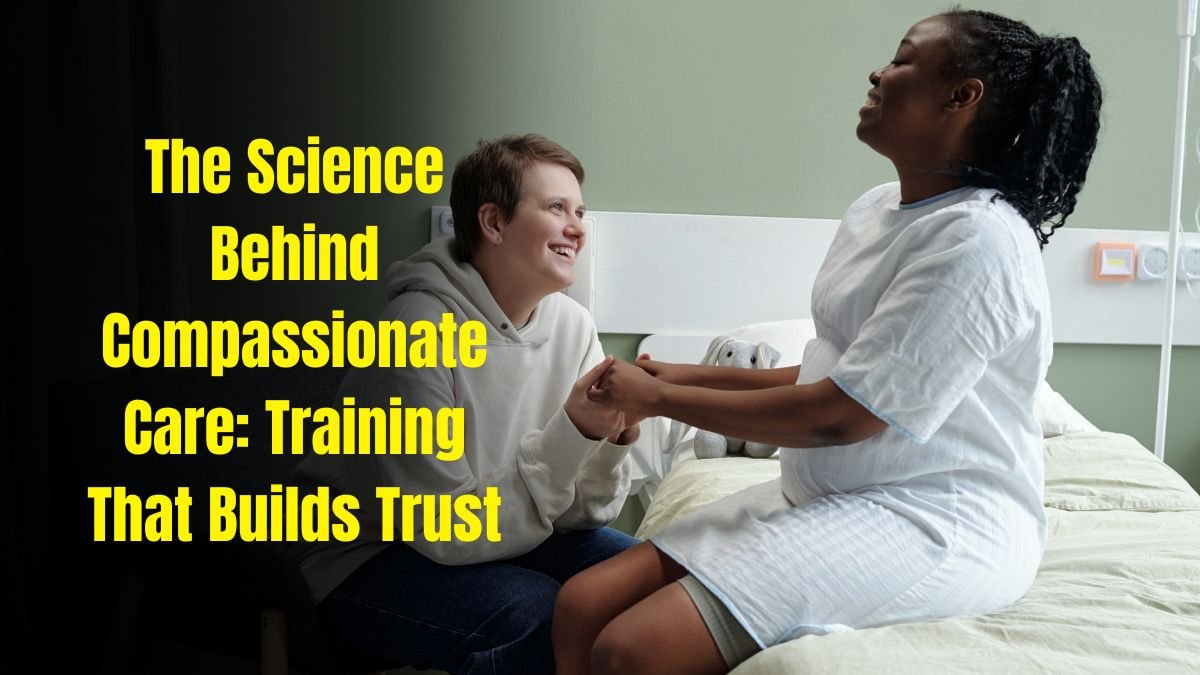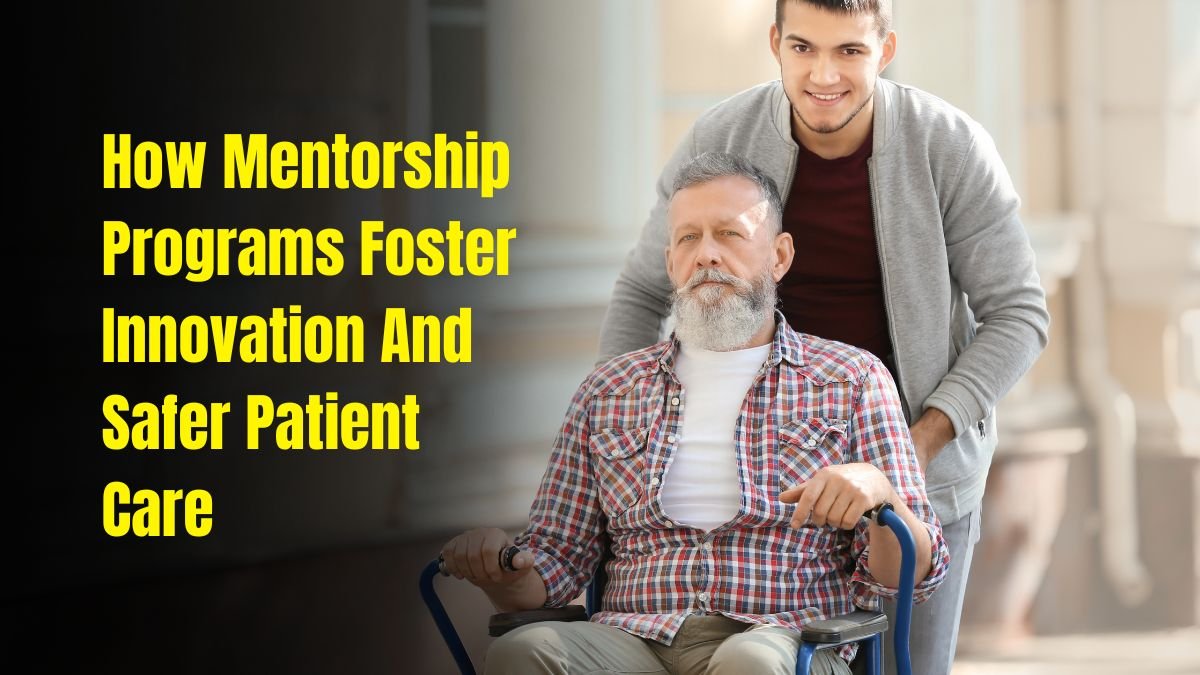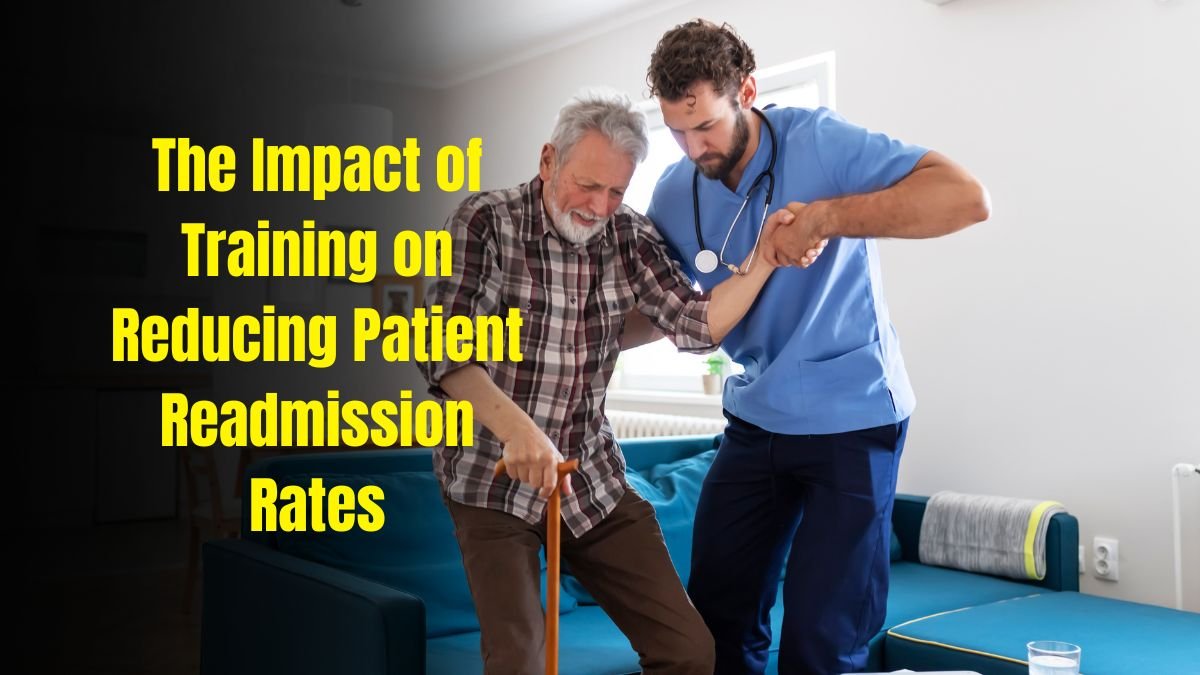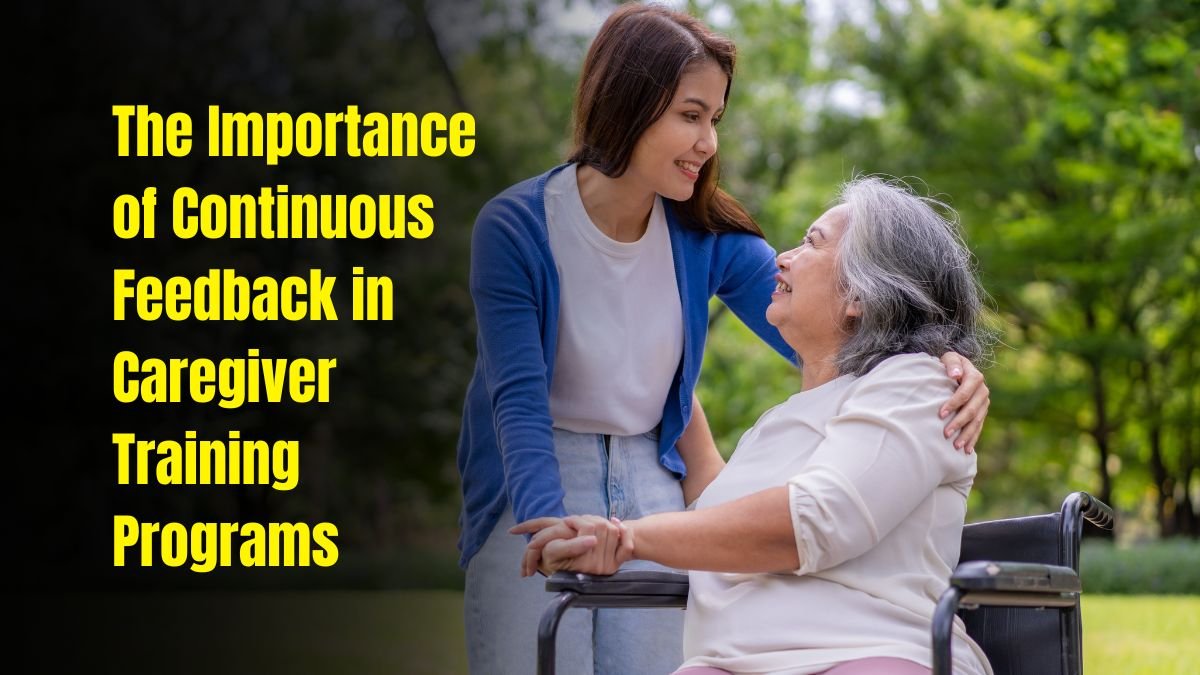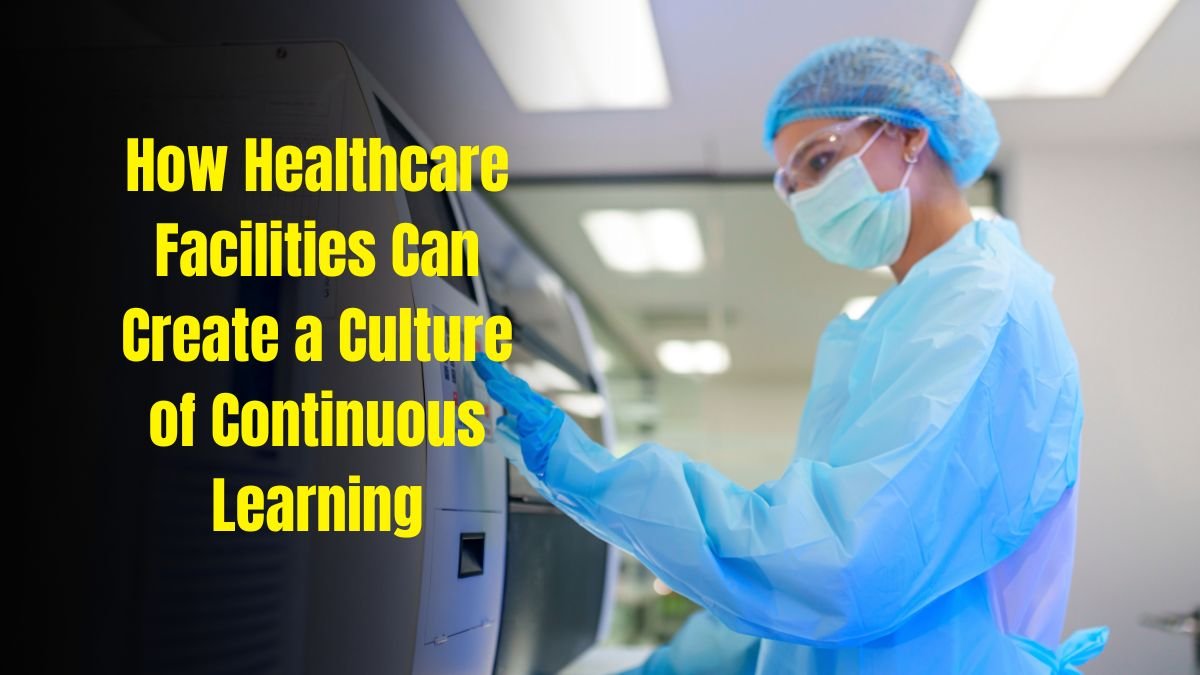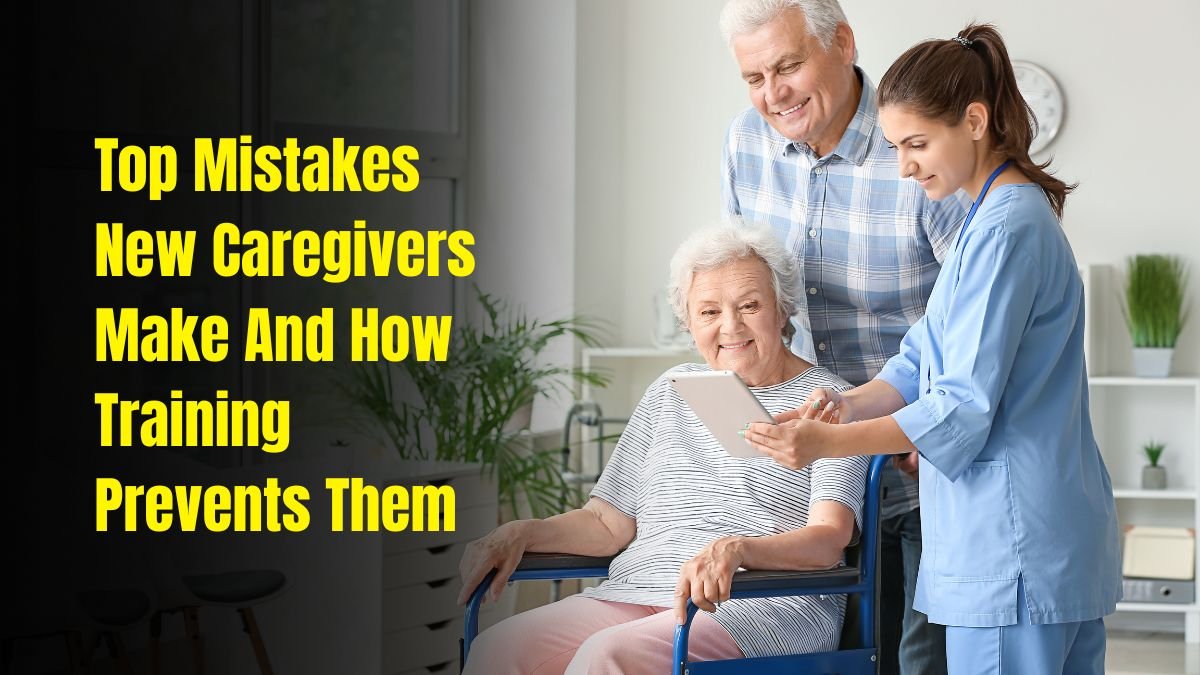In today’s dynamic healthcare landscape, traditional role boundaries are being re-imagined. As hospitals and care facilities face staffing shortages, fluctuating patient volumes, and evolving care models, the concept of cross-training – equipping healthcare professionals with Continue reading
patient safety
Mentorship in Healthcare: How Senior Professionals Shape Safer Care
Healthcare is a team sport where experience saves lives. Structured mentorship—pairing senior clinicians with early-career staff—transfers tacit know-how, strengthens patient safety culture, reduces burnout, and improves retention. In 2024–2025, fresh data from global agencies and peer-reviewed studies show that institutions Continue reading
The Science Behind Compassionate Care: Training That Builds Trust
In today’s healthcare environment, excellence in technical skills alone is no longer enough. The importance of compassionate care has surged to the forefront, as studies increasingly show that when caregivers demonstrate empathy, genuine connection and Continue reading
How Mentorship Programs Foster Innovation And Safer Patient Care
In today’s rapidly evolving healthcare landscape, where patient safety, innovation, and workforce development are top priorities, structured mentorship programs have become powerful tools for building resilient and high-performing healthcare teams. These programs not only bridge the gap Continue reading
The Impact of Training on Reducing Patient Readmission Rates
Hospital readmissions are expensive, disruptive for patients, and increasingly tied to reimbursement. In 2025, the evidence is clear: targeted, well-designed training—from discharge education and medication reconciliation to nurse-led transitional care, pharmacist-led follow-up, and team-based simulation—can meaningfully reduce 30-day returns to the hospital. Continue reading
The Importance of Continuous Feedback in Caregiver Training Programs
In today’s fast-evolving healthcare world, the expectations placed on caregivers are greater than ever before. From providing physical assistance to managing emotional, ethical, and medical complexities, the role requires adaptability, empathy, and continuous growth. Yet, Continue reading
How Healthcare Facilities Can Create a Culture of Continuous Learning
A culture of continuous learning turns everyday clinical work into an engine for safer care, better outcomes, and stronger retention. In 2025, with RN turnover averaging 16.4% and each RN exit costing about $61,110, the ROI of learning isn’t theoretical—it’s Continue reading
Top Training Programs To Build Confident And Competent Caregivers
In a rapidly evolving healthcare landscape, training caregivers isn’t optional — it’s essential. Facilities demand staff who are not only competent but confident, safe, and mission-driven. In this deep dive, we’ll explore the top training programs shaping Continue reading
Top Mistakes New Caregivers Make And How Training Prevents Them
Stepping into the role of a caregiver—whether for an aging parent, an ill spouse, or a disabled loved one—is an act of compassion that demands both heart and skill. Yet, despite their best intentions, new caregivers Continue reading
How Skill-Based Education Builds Safer Healthcare Environments
Healthcare leaders increasingly agree: skill-based education—structured, measurable training in clinical, teamwork, and safety skills—is one of the fastest routes to fewer adverse events, fewer infections, and more reliable care. Global health agencies estimate that 1 Continue reading



